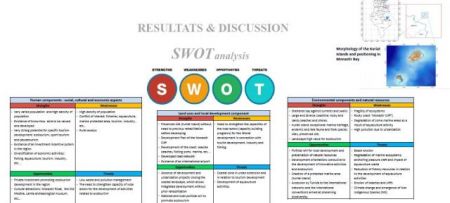In the framework of the Interreg Med project PANACeA, small fisheries co-management models, scientific data sources and new methodologies for monitoring and management of coastal and marine ecosystems, as well as a better management of climate change and marine litter have been in the focus of a three-day open debate hosted by MedCities in Barcelona, Spain, from 23 to 25 October 2017. The participants were partners in the Interreg MED project PANACeA and a wide audience of actors involved in the European and Mediterranean policy, projects and initiatives active in the field of conservation science, public administration of natural resources and regional conventions affecting biodiversity, with participation of modular MED biodiversity protection projects. The final joint message of more than 100 representatives of the national, European and Mediterranean institutions that gathered in Barcelona was to help bridge the gaps between science, management practices and policies, as well as to express the need for a better coordinated approach to natural resource protection and management.
A PAP/RAC representative, as a member of the PANACeA advisory board, took an active role in the event organisation, especially leading the preparation and moderation of one of the Panels on “Monitoring and management of coastal and marine ecosystems”. Active support was also provided by representatives of the Plan Bleu and SCP/RAC. To close the circle of debates, the key challenges in integrated ecosystem monitoring and management were scrutinized. Even if the Mediterranean area is well studied, is it well known? The participants addressed the issues of the scattered information, and the reluctance of decision-makers to take evidence-based decisions. PAP/RAC stressed the need for more coherence between scales, and between disciplines and policies.
The three-day dialogue has provided valuable information for a better understanding of the impacts of human activities on Mediterranean natural ecosystems and addressed the increasing need to coordinate scientific criteria and data and its integration into decision making and management processes.


